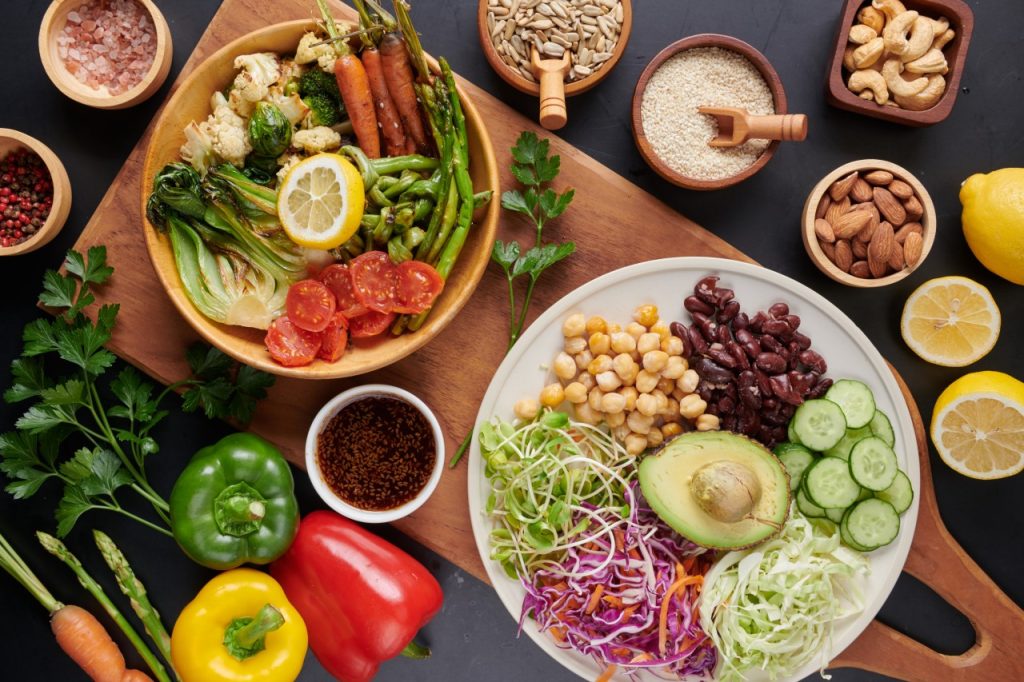
Parasites are organisms that live on or inside another organism, known as a host, to survive. While some parasites cause mild discomfort, others can lead to severe illnesses if left untreated. One of the most common ways humans contract parasitic infections is through contaminated food and water. In today’s globalized food system, the risk of parasite infection from food is a growing concern. This article explains how parasite infections occur through food, common types of foodborne parasites, symptoms, prevention tips, and treatments.
What Are Foodborne Parasites?
Foodborne parasites are organisms that can infect humans when they consume contaminated food or beverages. Unlike bacteria and viruses, parasites cannot multiply in food, but they can survive for long periods in raw or undercooked meat, unwashed produce, and untreated water. Once inside the human body, they reproduce and cause illness. Ivermectin 12 for Parasite infection.
The World Health Organization (WHO) and the Food and Agriculture Organization (FAO) report that parasitic infections from food affect millions of people worldwide every year, making them a significant public health problem.
How Do Parasites Enter Food?
Parasites enter the food chain in several ways:
- Contaminated Soil and Water
Parasite eggs or larvae can be present in soil or water used for irrigation. Fruits and vegetables grown in contaminated soil can carry these organisms. - Improper Handling of Meat
Undercooked or raw meat from infected animals (such as pigs, cattle, and fish) often contains parasites like Trichinella or Taenia (tapeworms). - Poor Hygiene During Food Processing
Food handlers who do not wash their hands properly after using the toilet can spread parasites like Giardia or Cryptosporidium to ready-to-eat foods. - Cross-Contamination in Kitchens
Using the same cutting board for raw meat and vegetables without proper cleaning can transfer parasites to other foods.
Common Parasites Found in Food
Several parasites are commonly transmitted through food, including:
- Toxoplasma gondii
Found in undercooked meat, especially pork, lamb, and venison. It can also be present in unwashed fruits and vegetables. - Trichinella spiralis
Found in undercooked pork and wild game meat, causing trichinosis. - Taenia solium and Taenia saginata (Tapeworms)
Found in undercooked pork and beef. These worms can grow several meters long inside the human intestines. - Giardia lamblia
Found in contaminated water or food washed with dirty water. - Anisakis
Found in raw or undercooked fish and seafood, causing anisakiasis. - Cryptosporidium
Found in fresh produce or water contaminated with feces.
Symptoms of Foodborne Parasitic Infections
The symptoms depend on the type of parasite but commonly include:
- Abdominal pain or cramps
- Diarrhea (sometimes severe)
- Nausea and vomiting
- Fatigue and weakness
- Weight loss
- Fever
- Bloating and gas
Some parasitic infections, like toxoplasmosis, may not show symptoms in healthy individuals but can cause serious complications in pregnant women and people with weak immune systems.
How to Prevent Parasite Infections from Food
Prevention is always better than cure. Here are some effective ways to avoid parasitic infections from food:
1. Cook Meat Properly
- Cook pork, beef, lamb, and fish to the recommended internal temperature.
- Avoid consuming raw or undercooked meat and seafood.
2. Wash Fruits and Vegetables
- Rinse thoroughly under running water.
- Peel or cook produce whenever possible.
3. Maintain Good Hygiene
- Wash hands with soap and water before handling food and after using the toilet.
- Clean utensils and cutting boards after preparing raw meat.
4. Avoid Contaminated Water
- Drink only treated or bottled water, especially when traveling.
- Wash food with clean water.
5. Freeze Meat
- Freezing meat for a few days can kill some parasites.
Treatment for Parasitic Infections
If you suspect a parasitic infection, consult a doctor immediately. Diagnosis is usually done through stool tests, blood tests, or imaging scans. Common treatments include:
- Antiparasitic Medications
- Albendazole and Mebendazole for intestinal worms.
- Iverlast 12 for various parasitic infections like strongyloidiasis and scabies.
- Metronidazole for Giardia infections.
- Albendazole and Mebendazole for intestinal worms.
- Supportive Care
Drinking fluids to prevent dehydration caused by diarrhea and vomiting.
For serious infections like tapeworm or toxoplasmosis, longer treatment and monitoring may be necessary.
Why Is Food Safety Important?
With the growing popularity of raw or minimally processed foods, such as sushi or salads, the risk of parasitic infection remains high. Following proper food safety practices and educating yourself about the dangers of undercooked meat and contaminated produce can save you from severe illness. You Can Find More Information at Meds4shop.
Conclusion
Parasite infections from food are a hidden danger that many people overlook. By being careful about what you eat, washing produce, cooking meat thoroughly, and practicing good hygiene, you can significantly reduce your risk. If symptoms appear, seek medical help promptly, as untreated parasitic infections can lead to long-term health problems.